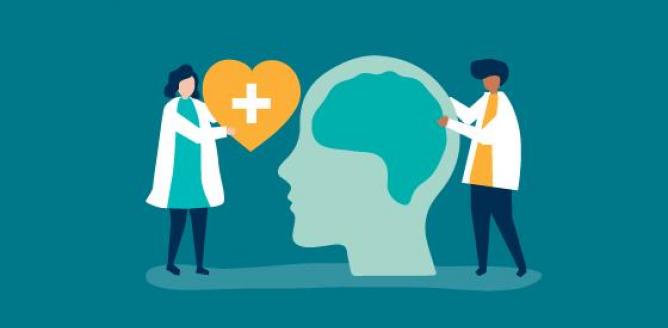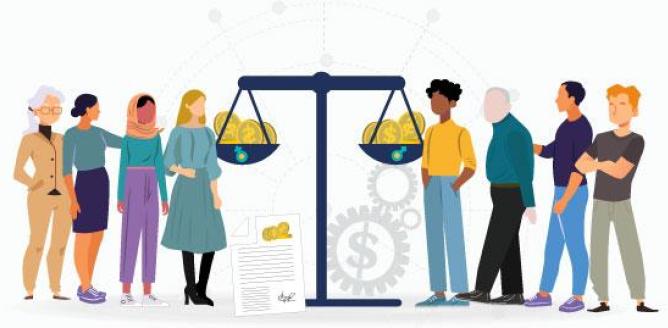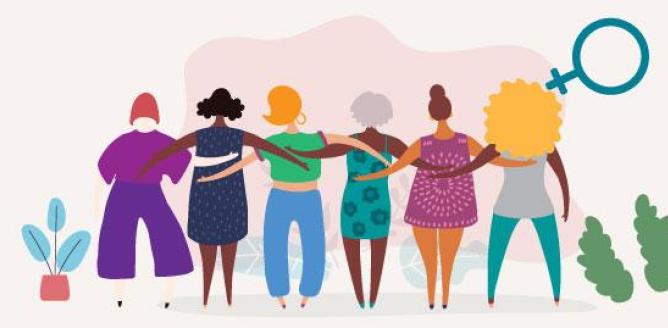“When we prioritize our well-being, everything else in our life gets better, including our products, including our performance at work, including our success.” - Arianna Huffington, founder and CEO of Thrive Global
Mental well-being in Hong Kong is often treated as an afterthought, which is concerning given the deteriorating levels of mental health in the city. The city’s recent tensions have highlighted worrying mental health trends, which have brought this topic to the forefront.
A survey conducted by a research team from the School of Public Health of the Li Ka Shing Faculty of Medicine at the University of Hong Kong showed that 9.1% of the respondents were considered to have probable depression, while 4.6% said they had suicidal thoughts. It also warns that the increase is observed among people above 20 years old, both men and women.
Professor Gabriel Leung, Dean of the faculty, said the findings indicate that depression among Hongkongers has reached a level that can be described as a “mental health epidemic”, but unlike general epidemics, there is no vaccine or medicine to cure it.
This is not a new development. Mental health in the city has been steadily on the decline. A survey conducted as part of a government-led campaign last year revealed Hong Kong’s mental health to be at its lowest in 7 years, with nearly half of respondents having poor mental health. We know from another study that young people are particularly vulnerable with 7 out of 10 university students displaying signs of depression and more than half showing symptoms of anxiety.
Globally, the two most common forms of mental health disorders are depression and anxiety, which predominantly affect women. Women are two times more likely to be diagnosed with anxiety. Depression - the leading cause of disability worldwide - is not only two times more likely to affect women, it is also more persistent in women than men.
Practising self-care should be an important part of our life, and it is essential that we make our well-being a priority. Whenever we feel exhausted or overwhelmed, we need to allow ourselves to take a step back, disengage and take time to recharge. “If we don’t take care of ourselves … we don’t have the capacity to help those people that we care so much about,” said Megan McCormick in her TED Talk, “A Self-Care Revolution.”
Two of the simplest practices to improve mental health are mindfulness and gratitude.
Mindfulness meditation helps to reduce stress and manage anxiety through focused breathing techniques and centred attention on the present.
Practising gratitude and being thankful for what we have accomplished and acknowledging our efforts, allows us to step back. Gratitude also has the added bonus of giving us improved physical and psychological health. At TWF, we integrate elements of mindfulness and self-care into our programmes. For example, our Mentoring Programme for Women Leaders incorporates workshops on building a positive mindset and mindfulness techniques in addition to technical workshops so that our participants have the hard and soft skills to thrive.
Sometimes, we need to recognise that these practices simply aren’t enough, and we all need to do better to encourage ourselves and others to speak with a mental health professional when needed.
This summer, TWF is inviting everyone to take good care of our mental well-being. If we feel overwhelmed, take a step back. Do activities to relax and recharge. Meditate and reflect. Practice gratitude. Make the time and the space to disconnect and recharge. We hope these strategies will help us regain our strength to continue our journey ahead with a renewed sense of purpose.
Get in touch at Fiona.Nott@twfhk.org
P.S. Connect is going into summer mode! We will be sending it out every other week from now through the end of August.





















